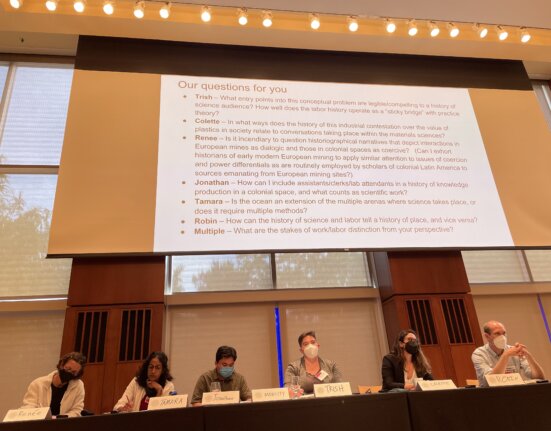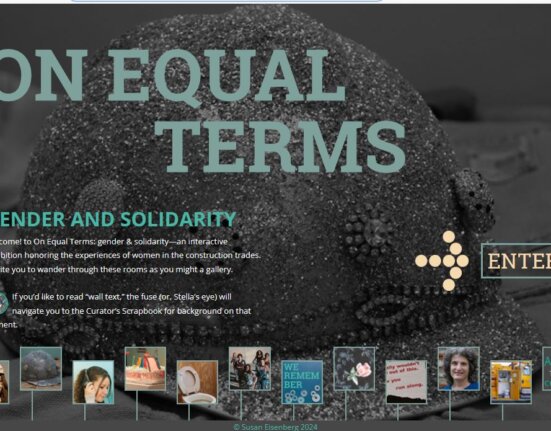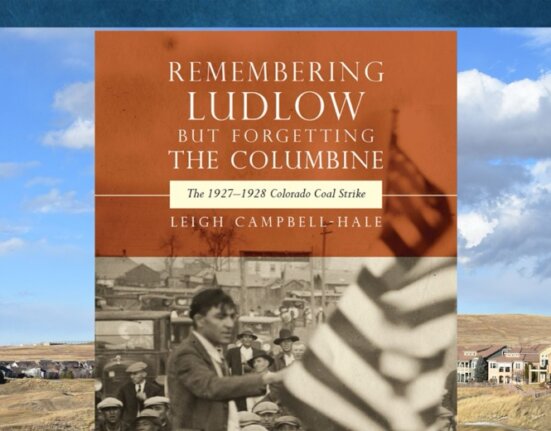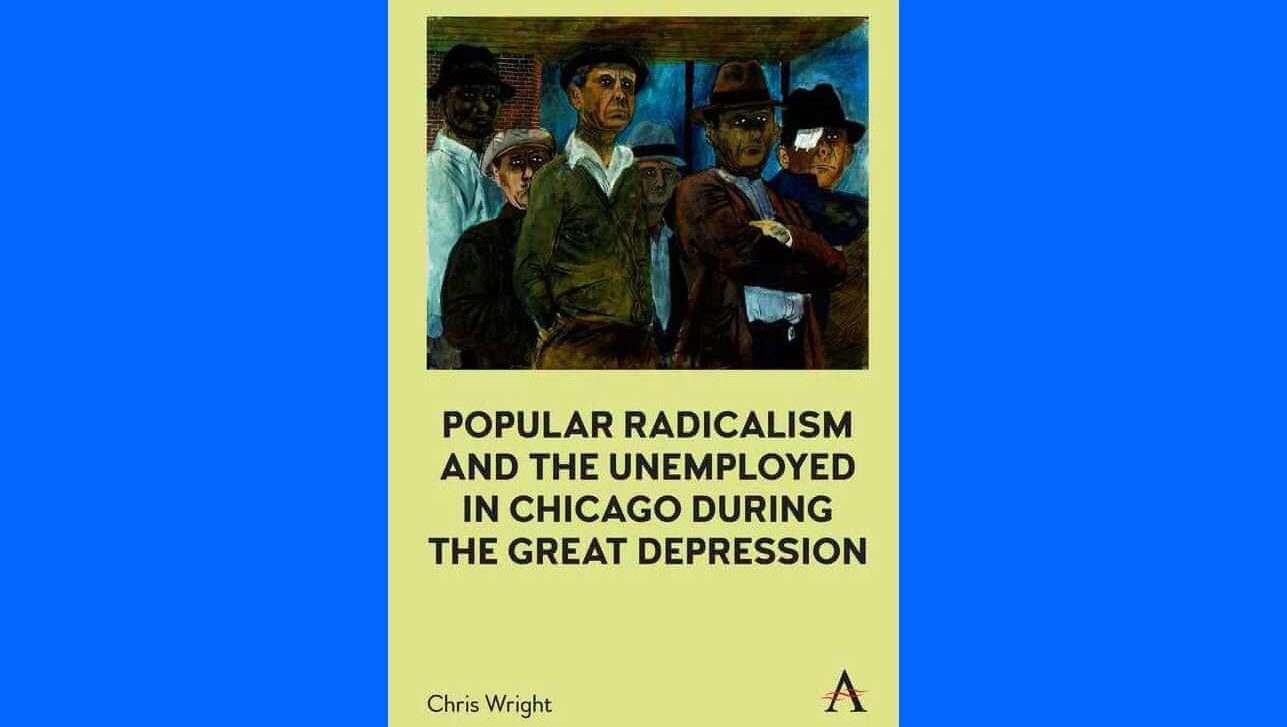I wrote an entry for LaborOnline in September concerning a faculty member at the University of Kansas. David Guth, an associate professor of journalism, was placed on administrative leave this fall after he tweeted comments, which went viral, about the Navy Yard mass shooting that left the gunman and twelve others dead. According to news reports, the Twitter post blamed the tragedy on policies supported by the National Rifle Association, and admonished: “Next time, let it be YOUR sons and daughters.”
The decision to remove Guth from the classroom was explained simply as a campus safety measure, given reports of email threats to him and others. In light of the ultra-conservative politics of the Kansas statehouse, however, the episode left many of us in the KU community uneasy about the pressures we assumed our university administrators were facing, and what all of this could mean politically for the welfare of our faculty and staff. It hardly helped that several state legislators were quoted as saying that as long as KU continued to employ Guth, they would not support budget appropriations for the university. However one interprets or characterizes the comments attributed to Guth, the stakes involved were bigger than the circumstances of a single faculty member in a single department. The big question here was whether organized forces existed to vigorously represent faculty interests. In the absence of such opposition, it was safe to predict that the situation would slide from bad to worse.
To paraphrase a line from Bob Dylan’s “Subterranean Homesick Blues,” no one needed a weatherman to know which way this wind was blowing. On December 18, just in time for the end of the semester (when everyone is ensnared in the chaos of finals, grading, and planning for the holidays), the KU Board of Regents voted to enact a suppressive policy governing social media postings by university personnel. I’ll quote and summarize it here at length: “The chief executive officer of a state university has the authority to suspend, dismiss or terminate from employment any faculty or staff member who makes improper use of social media. . .including but not limited to blogs, wikis, and social networking sites such as Facebook, LinkedIn, Twitter, Flickr, and YouTube. ‘Improper use of social media’ means making a communication through social media” that directly incites violence or some other “immediate breach of the peace,” “is contrary to the best interest of the university” when pursuant of employees’ official duties, discloses without authority confidential or protected information, or “impairs discipline by superiors or harmony among co-workers, has a detrimental impact on close working relationships for which personal loyalty and confidence are necessary, impedes the performance of the speaker’s official duties, interferes with the regular operation of the university, or otherwise adversely affects the university’s ability to effectively provide services.”
Yes, exactly. The policy is so broadly drawn as to encompass a wide range of speech (including blog postings like this one) that it lends itself easily to abuse. Even from a corporate-oriented perspective, the effect is to undermine the university by making it difficult to attract and retain strong faculty and staff, build a competitive profile among peer institutions, move up in national rankings, and more fundamentally, carry out the university’s basic educational mission. These are all professed goals of the strategic planning that has taken hold at KU and many other public institutions of higher education in the twenty-first century.
From a labor standpoint, of course, this sets another dangerous precedent regarding academic freedom and autonomy, one consistent with an ongoing political restructuring of the U.S. academy that weakens protections for, and sources of power of, the professoriate. (e.g., the declining ranks of tenure-eligible faculty, and the move toward post-tenure review policies in states like Kansas and Texas). Among other things, this sows the seeds of professional insecurity. It carries a particularly chilling effect on those of us who teach and write about difference, social stratification and structural inequalities, and who speak about these issues to numerous publics on and off campus – issues, in other words, that promote critical, often uncomfortable, discourse that goes against the grain of a vapid American exceptionalism.
To be sure, anyone who views this policy as simply more evidence of “what’s the matter with Kansas” misses the larger dynamics in play that affect academic labor across the nation. Around the same time that Guth came under fire at KU, a professor of creative writing at Michigan State University was similarly pulled from his classes after a student recorded him criticizing the Republican Party hierarchy for its supposed racism and anti-tax virulence. Michigan legislators, likewise, had called for his resignation. Taking a further step back, we have to consider, too, the 2006 U.S. Supreme Court decision in Garcetti v. Ceballos, which ruled that public agencies can discipline employees for any speech pursuant to their official duties. The court put aside the matter of whether the decision should apply to faculty at public institutions; nonetheless, a string of lower court rulings have successfully applied Garcetti against faculty plaintiffs challenging disciplinary action taken against them. Such threats to academic labor, moreover, are consistent with ongoing attacks on the working and living conditions of labor across occupational lines, including those in state, municipal, and food service work.
Since the KU Board of Regents voted to enact this rule on social media usage, KU’s Chancellor has gone on record stating her intention to make sure that, consistent with principles of shared university governance, implementation will include broad participation, as well as respect freedom of inquiry, thought and expression. I believe that she, and others, are sincere about preserving these principles. This is beside the point, however. The policy, by design, flies in the face of academic freedoms, and we can only expect so much from upper administration to do anything about it. As of Christmas Eve, the president of the Board of Regents, in conversation with the KU Chancellor and the presidents of the other universities in the state system, had agreed on the need to revise the policy. How this revision will look, or whether it will be rescinded altogether, will depend on the capacity and, more importantly, the resolve of faculty, staff, and our allies, to mobilize at levels both large and small.






